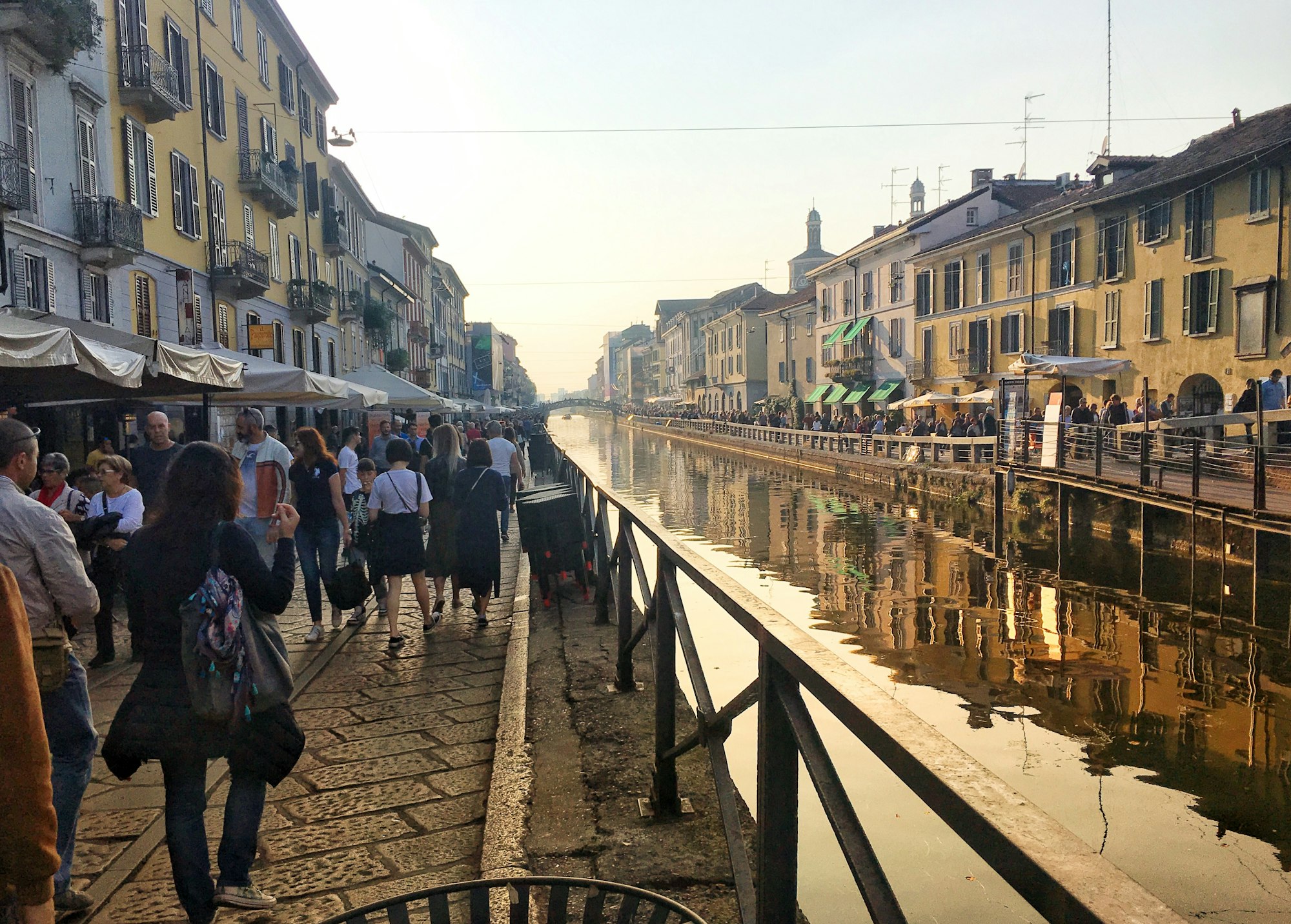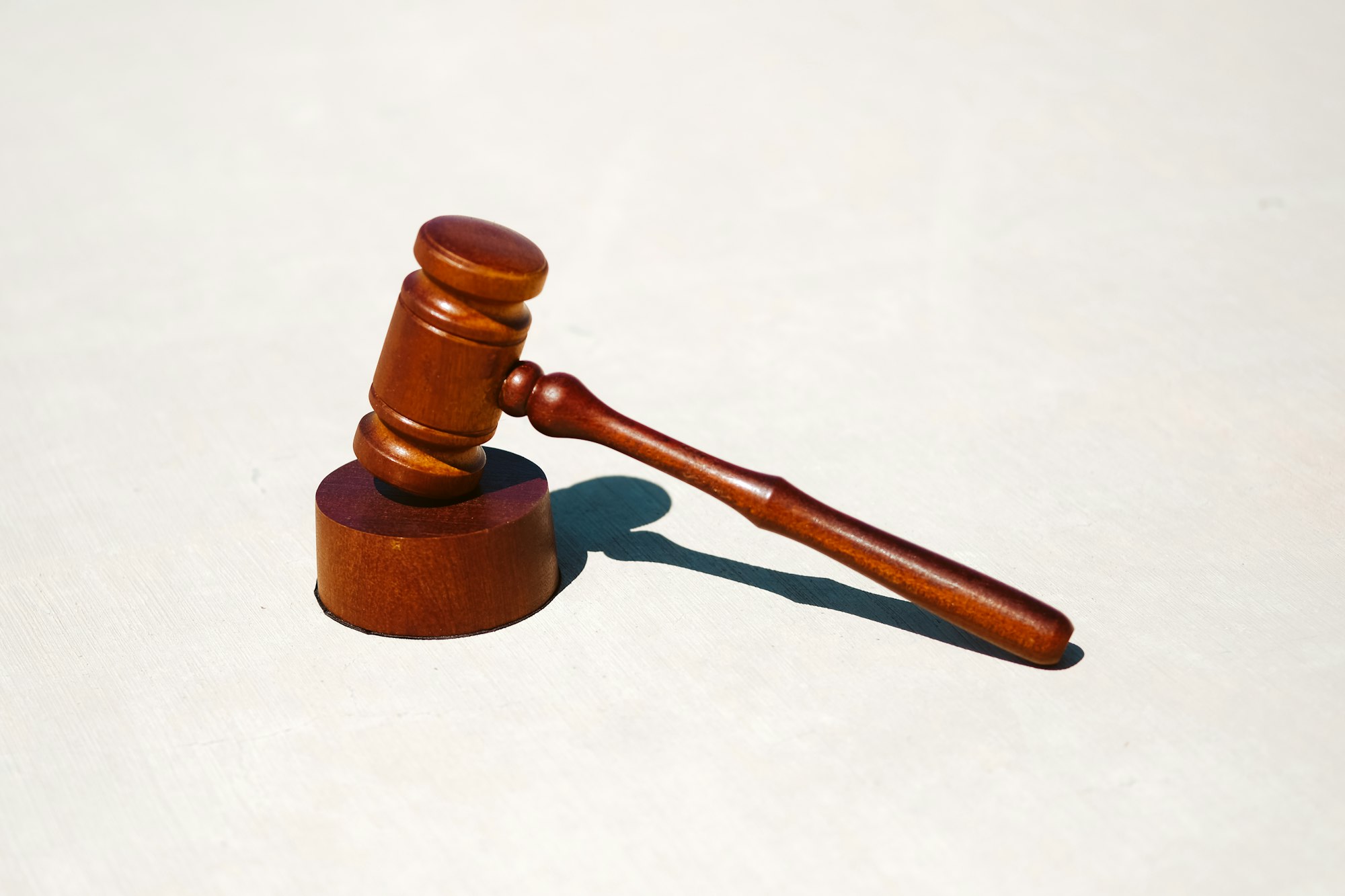View the Country Report for Italy in the Oxford Compendium of National Legal Responses to Covid-19
Mired in its worst downturn since World War II, Italy is among the countries that have been the most affected by the pandemic worldwide. Despite a prolonged series of measures to tackle the virus's spread, the country struggled to bring the pandemic under control.
After declaring a state of emergency under the Law on Civil Protection on 31 January 2020, starting from late February, the country has experienced over the first phase of the pandemic one of the most stringent containment regimes, possibly second to China only. Without changing the State's basic constitutional structure, the measures restricting several constitutional rights and liberties have been left mainly to the national Government. The legislative and supervisory role of the Parliament has been put under much strain. However, although significantly limited and disrupted, the Parliament's operations were never entirely suspended.
Due to the Republic's quasi-federal structure and the concurrence of state and regional powers in healthcare policy, the troubled relationship between the executive and the regions has been one of the most disputed issues regarding the management of the pandemic. This problem has been exacerbated all along, particularly after the autumnal recurrence of the virus. The very first decision by the Constitutional Court concerning the Covid-19 breakout (see here) strikes down a law adopted by the Valle d’Aosta Region that enabled the local government to lay down divergent measures from those enacted at the national level. It is plausible to conjecture that fragmented healthcare governance and funding cuts to the National Health System over the past decade have contributed to the poor performance of contact tracing procedures, which can partly explain the still significant spread of the epidemic.
A relatively young parliamentary democracy, Italy is characterised by frequent Cabinet crises. This depends both on a fragmented political landscape, which makes it necessary to form coalition governments, and the absence of a rule that subjects the withdrawal of the confidence in the cabinet to the contemporary formation of a new cabinet. From January 2020 to January 2021, the ruling Government was a centre-left-populist coalition. Since February 2021, a new Government of national unity, led by the former Head of the European Central Bank, Mario Draghi, has been leading the country after the governing coalition collapsed over disagreements on Covid-19 policy. Mr Draghi's agenda revolves around the fight against the pandemic and handling the massive spending plan based on the Next Generation EU plan, which includes a 'recovery fund' amounting to about two hundred billion euros.









